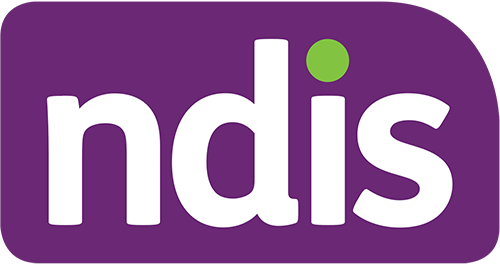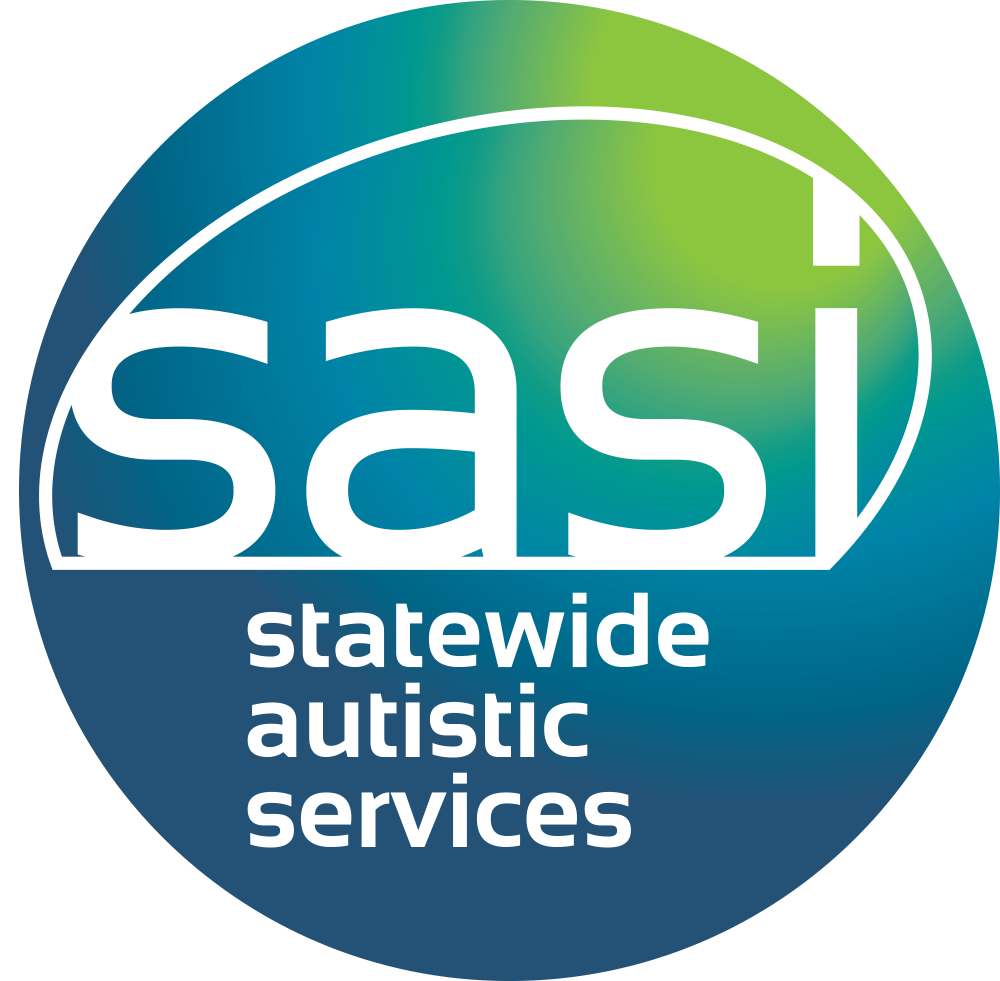Cyber Security during the Coronavirus Pandemic
Fast Facts:
- Be wary of suspicious or COVID-19 related emails, messages and phone calls purporting to be representing DHHS or other government agencies
- Malicious emails, messages and phone calls relating to COVID-19 are in circulation and COVID-19 cyber threats are increasing.
- Check the authenticity of COVID-19 messages by visiting the official website for updates, such as the DHHS website.
- Keep well-informed of scams reported by the Australian community by visiting the Australian Government sites Stay Smart Online and Scamwatch.
COVID-19 Cyber Security – In-depth:
NDS reminds members that as part of the disability sector response to COVID-19, it is important to include cyber security considerations. Scammers are taking advantage of the coronavirus outbreak to exploit weaknesses in online security.
NDS members are warned to be wary of suspicious or COVID-19 related emails, messages and phone calls purporting to be representing DHHS or other government agencies.
The Victorian Government Cyber Incident Response Service Unit (CIRS) and DHHS have issued an official Cyber Alert stating that malicious emails, messages and phone calls relating to Covid-19 are in circulation and COVID-19 cyber threats are increasing.
Cyber criminals are creating phishing, spear phishing and thousands of fake webpages, including references to COVID-19, to trick people into providing sensitive information.
The following cyber security information has been provided by CIRS and DHHS:
How do I know if the email, phone call or SMS is legitimate?
- Hover over the sender’s email address and right click on your mouse to reveal the sender’s details
- If possible, call the sender on a trusted phone number to verify they sent it
- Use links that you have used in the past.
What do I do if I suspect that the email, phone call or SMS is NOT legitimate?
If you receive an email from a source purporting to represent DHHS or another institution:
- Do not open or respond to the email
- Do not download any attachments or click on any links
- Provide a screenshot to IT service provide
- Do not delete the email, until instructed otherwise by your IT service provider.
If you receive a phone call or SMS with threats of cancellation of services:
- Do not respond to the request and hang up
- Contact your IT service provider
- Contact the relevant institution, if appropriate.
If you receive a phone call requesting information or payment from a person representing themselves in an official capacity:
- Do not respond to the request and hang up
- Contact your IT service provider
- Contact the relevant institution, if appropriate.
Additional Information:
Further information on good cyber security measures is available from the Cyber Security Centre of the Australian Signals Directorate.
Check the authenticity of COVID-19 messages by visiting the official website for updates, such as the DHHS website.
Keep well-informed of scams reported by the Australian community by visiting the Australian Government sites Stay Smart Online and Scamwatch.
A handy infographic [PDF | Word] for NDS members who have staff working from home is available as a resource to remind people of the need to have a security mindset.
Coronavirus Australia – Phone App
Download the use the Australian Government Coronavirus app to:
- stay up to date with the official information and advice
- important health advice to help stop the spread and stay healthy
- get a quick snapshot of the current official status within Australia
- check your symptoms if you are concerned about yourself or someone else
- find relevant contact information
- access updated information from the Australian Government
- receive push notifications of urgent information and updates
App Store:
https://apps.apple.com/au/app/coronavirus-australia/id1503846231
Google Play:
https://play.google.com/store/apps/details?id=au.gov.health.covid19









